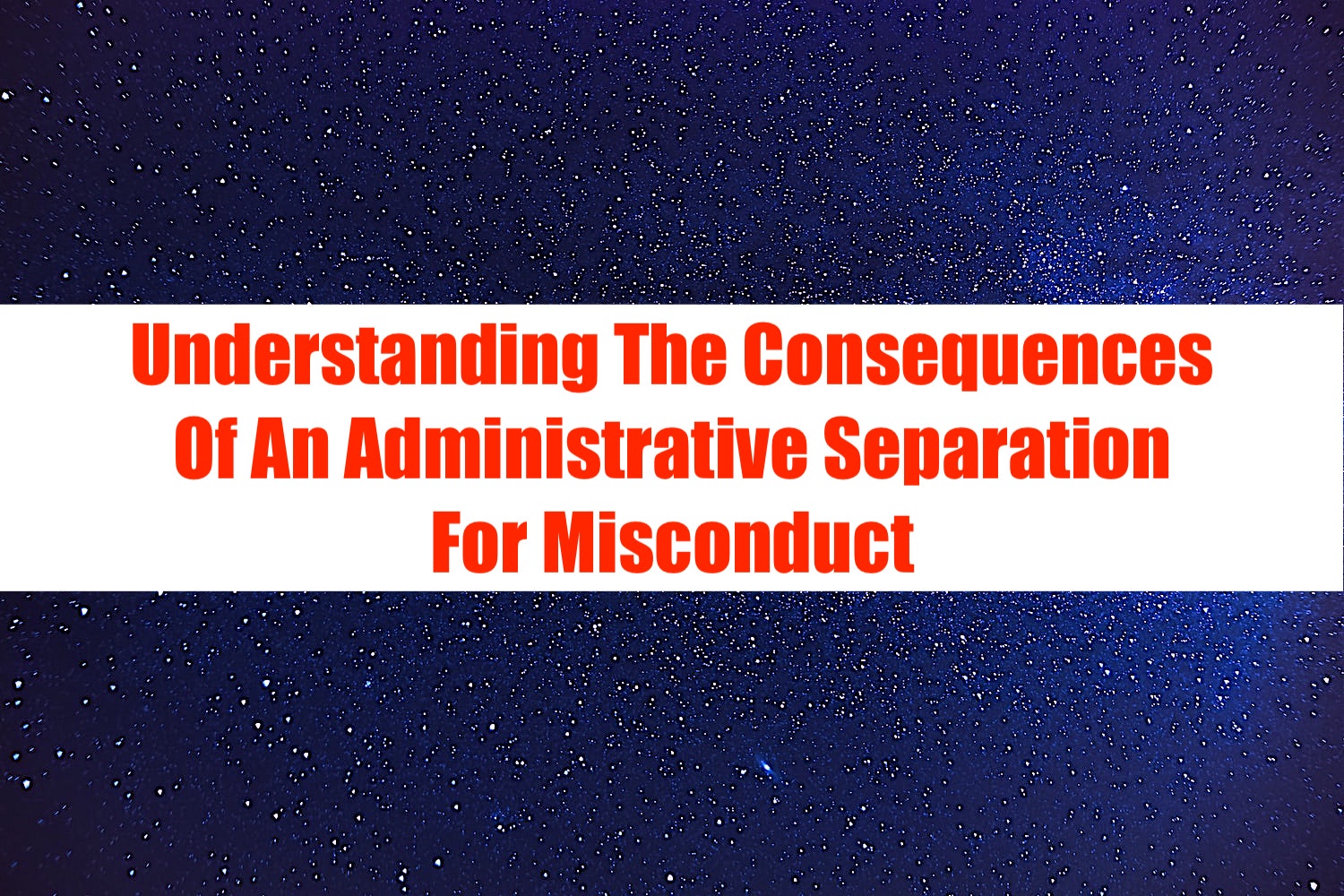The second week of July 2021, a federal judge decided that the Air Force was more responsible for a mass-shooting in Texas than the actual gunman who did the shooting.
Specifically, U.S. District Judge Xavier Rodriguez issued an opinion that found that U.S. Air Force 60% responsible in the lawsuit filed by the victims of the 2017 mass shooting at the First Baptist Church in Sutherland Springs, Texas, where 26 people were killed. Judge Rodriguez determined that the shooter, Devin Kelley, was only 40% responsible.
Scratching your head? Here’s a quick explanation of what that means: When a lawsuit alleges that multiple parties are at fault, the judge or jury must determine how much at-fault each responsible party is. It matters for the monetary award that may come from the lawsuit. In this case, the victims largely will be looking to Air Force to collect because there’s little chance of getting any money from the estate of the shooter (who died in the incident, after a civilian neighbor armed with an AR-15 ran to the church and confronted Kelley).
The shooter, 26-year-old Devin Patrick Kelley, wasn’t even IN the Air Force when he committed the worst mass-murder in a place of worship, so why is Air Force is 60% responsible? The answer has nothing to do with what happened on the day of that tragedy: it is all about what happened years before. And what happened years before, matters to our military clients in the long run.
Back in 2012, Devin Kelley had been an active-duty Airman when allegations of domestic violence and child abuse led to him being court-martialed. The allegations were serious: He reportedly had cracked the toddler’s skull and broke the child’s clavicle through multiple instances of violent abuse, including slapping the baby for not stopping crying. His ex-wife described in graphic detail how he had hit and strangled her and threatened her with a gun. He ultimately pled guilty at a general court-martial to two violations of Article 128, UCMJ for assaulting his wife and child. He received a Bad-Conduct Discharge, reduction to E-1, and 12 months in confinement.
The above is a fairly routine process that happens in DOD courtrooms every day. But then, the Air Force dropped the ball. Despite a full, verbatim transcript and detailed documentation of the results of trial, the Air Force never reported the conviction to the FBI so that it could be uploaded into appropriate federal databases.
And, the Air Force didn’t just misstep once… it failed SIX TIMES to do what it was supposed to do: it forgot to send fingerprint to the FBI on four separate occasions, and twice failed submit trial records.
It is a crime for anyone with a domestic violence conviction—even a misdemeanor—to ship, transport, possess, or receive firearms or ammunition. This federal law is known as the “Lautenberg Amendment,” a change (amendment) Congress made in 1996 to the Gun Control Act of 1968 to try to keep firearms out of the hands of those convicted of crimes involving domestic violence. It is a strict law: there are no exceptions, not even for duty-related use of government-owned weapons by military personnel. Anyone convicted of a domestic violence crime—like Devin Kelley—is not only barred from buying a gun, but also is prohibited from even touching one.
Kelley’s domestic violence conviction information would have provided those with the ability to conduct background checks with information they needed to make important decisions; that is, it would have been helpful if it HAD been uploaded by the Air Force. But it wasn’t.
So, after he got out of military jail, Devin Kelley went on to buy not one but FOUR different guns, in different gun shops in Colorado and Texas. Each time, the FFL-complaint gun dealer called to check if Kelley could legally buy a weapon. Every time, the gun dealer got a “good to go!” Among those four purchases was the Ruger AR-556 semiautomatic rifle (a civilian sporter version of an M4 carbine) that Kelley would later use to kill and wound nearly 50 victims.
Judge Rodriguez’s ruling points out that the Air Force had plenty of chances to upload the data and didn’t. If it had, Devin Kelley would have not been able to buy the gun he bought and—as the Judge’s reasoning goes—the mass shooting would not have happened. Some might argue with that logic: Kelley was breaking federal law every time he bought or touched a gun, but that didn’t stop him from going and buying them. He also could have bought a gun in a private sale in Texas, where person-to-person sales do not require a background check (the so-called “gun-show loophole” that Congress is trying to outlaw this year). But as far as the lawsuit is concerned, it’s the Air Force who is mostly responsible for the mass shooting.
The bottom line is that, thanks to a lack of diligence by military legal system, taxpayers, via the suit against the Air Force for their failure to follow their own policies and regulations, will now be paying out hefty damages in the $50,000,000.00 (FIFTY MILLION DOLLAR) lawsuit.
Think this kind of screw-up is rare? Neither do we. In fact, we know better. Everyone who has contact with military justice system should be concerned about how that information is documented and reported. In an upcoming post, we’ll talking more about those systems and what you need to know. For now, information is available about titling and indexing that occurs after a probable cause determination during an investigation.
You Might Also Like These Articles




